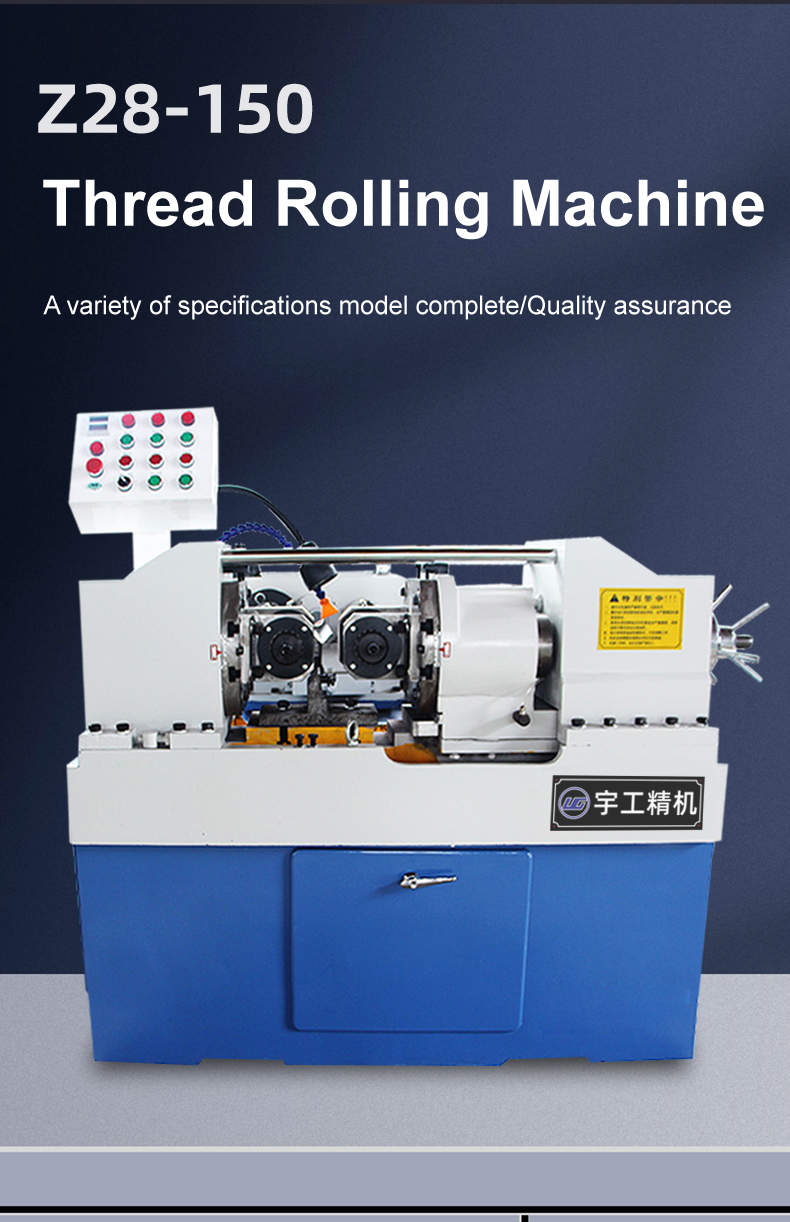
-
 Afrikaans
Afrikaans -
 Albanian
Albanian -
 Amharic
Amharic -
 Arabic
Arabic -
 Armenian
Armenian -
 Azerbaijani
Azerbaijani -
 Basque
Basque -
 Belarusian
Belarusian -
 Bengali
Bengali -
 Bosnian
Bosnian -
 Bulgarian
Bulgarian -
 Catalan
Catalan -
 Cebuano
Cebuano -
 Corsican
Corsican -
 Croatian
Croatian -
 Czech
Czech -
 Danish
Danish -
 Dutch
Dutch -
 English
English -
 Esperanto
Esperanto -
 Estonian
Estonian -
 Finnish
Finnish -
 French
French -
 Frisian
Frisian -
 Galician
Galician -
 Georgian
Georgian -
 German
German -
 Greek
Greek -
 Gujarati
Gujarati -
 Haitian Creole
Haitian Creole -
 hausa
hausa -
 hawaiian
hawaiian -
 Hebrew
Hebrew -
 Hindi
Hindi -
 Miao
Miao -
 Hungarian
Hungarian -
 Icelandic
Icelandic -
 igbo
igbo -
 Indonesian
Indonesian -
 irish
irish -
 Italian
Italian -
 Japanese
Japanese -
 Javanese
Javanese -
 Kannada
Kannada -
 kazakh
kazakh -
 Khmer
Khmer -
 Rwandese
Rwandese -
 Korean
Korean -
 Kurdish
Kurdish -
 Kyrgyz
Kyrgyz -
 Lao
Lao -
 Latin
Latin -
 Latvian
Latvian -
 Lithuanian
Lithuanian -
 Luxembourgish
Luxembourgish -
 Macedonian
Macedonian -
 Malgashi
Malgashi -
 Malay
Malay -
 Malayalam
Malayalam -
 Maltese
Maltese -
 Maori
Maori -
 Marathi
Marathi -
 Mongolian
Mongolian -
 Myanmar
Myanmar -
 Nepali
Nepali -
 Norwegian
Norwegian -
 Norwegian
Norwegian -
 Occitan
Occitan -
 Pashto
Pashto -
 Persian
Persian -
 Polish
Polish -
 Portuguese
Portuguese -
 Punjabi
Punjabi -
 Romanian
Romanian -
 Russian
Russian -
 Samoan
Samoan -
 Scottish Gaelic
Scottish Gaelic -
 Serbian
Serbian -
 Sesotho
Sesotho -
 Shona
Shona -
 Sindhi
Sindhi -
 Sinhala
Sinhala -
 Slovak
Slovak -
 Slovenian
Slovenian -
 Somali
Somali -
 Spanish
Spanish -
 Sundanese
Sundanese -
 Swahili
Swahili -
 Swedish
Swedish -
 Tagalog
Tagalog -
 Tajik
Tajik -
 Tamil
Tamil -
 Tatar
Tatar -
 Telugu
Telugu -
 Thai
Thai -
 Turkish
Turkish -
 Turkmen
Turkmen -
 Ukrainian
Ukrainian -
 Urdu
Urdu -
 Uighur
Uighur -
 Uzbek
Uzbek -
 Vietnamese
Vietnamese -
 Welsh
Welsh -
 Bantu
Bantu -
 Yiddish
Yiddish -
 Yoruba
Yoruba -
 Zulu
Zulu
Top Manufacturers of Pipe Thread Rolling Machines for Precision Engineering Solutions
The Role of Pipe Thread Rolling Machine Companies in Modern Manufacturing
In the realm of manufacturing, the need for precision, efficiency, and durability has made the role of pipe thread rolling machine companies increasingly significant. These specialized machinery manufacturers are crucial in producing high-quality threaded pipes used across various industries, from construction to oil and gas. Understanding their functions, innovations, and contributions can provide insight into their importance in the manufacturing landscape.
Pipe thread rolling machines are specifically designed to create threads on pipes in a process known as thread rolling. This method has gained popularity due to its ability to produce strong, uniform threads with improved mechanical properties compared to traditional cutting methods. Unlike cutting, which removes material and can weaken the pipe, thread rolling compresses the material to form the thread, enhancing its strength and integrity. Consequently, components produced through this method exhibit better performance under stress, making them ideal for demanding applications.
The advantages of utilizing pipe thread rolling machines extend beyond mechanical properties. Companies engaged in manufacturing these machines have continuously innovated to improve their designs and functionality. Modern rolling machines incorporate advanced technologies such as CNC (Computer Numerical Control) systems, which offer enhanced precision and controllability. This level of automation allows manufacturers to produce threads with minimal human intervention, significantly boosting production speeds and accuracy while reducing the margin for error.
Moreover, many pipe thread rolling machine companies are focusing on energy efficiency and sustainability. With growing concerns over environmental impacts, the design of modern machines increasingly incorporates energy-saving technologies. Efficient systems reduce electricity consumption and waste material, thereby reducing the overall carbon footprint of the manufacturing process. Companies that adopt these sustainable practices not only improve their operational efficiency but also appeal to environmentally conscious customers and stakeholders.
pipe thread rolling machine companies

In addition to technological advancements, the versatility of pipe thread rolling machines has expanded, accommodating various pipe sizes and materials. Manufacturers can produce threads on pipes made from steel, aluminum, and plastic, among others. This adaptability enables companies to serve a broader market and cater to diverse customer needs. The ability to produce both small and large quantities efficiently ensures that clients, whether they’re engaging in mass production or bespoke projects, receive the solutions they require.
As the global demand for high-quality threaded pipes continues to rise, the competition among pipe thread rolling machine companies intensifies. Leading manufacturers are not only committed to providing superior machines but also emphasize after-sales services and customer support. Offering comprehensive training, maintenance, and technical assistance establishes a strong relationship with clients, ensuring they can maximize their investment in machinery.
Furthermore, these companies often engage in collaborative efforts with industries that rely heavily on threaded pipes. By understanding the specific needs and challenges faced by sectors such as construction, automotive, and oil and gas, machine manufacturers can tailor their products and services to enhance overall productivity and safety in these industries.
In conclusion, pipe thread rolling machine companies play a vital role in the manufacturing ecosystem. Through innovative technologies, commitment to sustainability, and adaptable solutions, they are set to meet the increasing demands of modern industry. As these companies continue to evolve, they will undoubtedly shape the future of pipe manufacturing, driving greater efficiencies and enhancing the reliability of infrastructure around the world. Their impact is not just confined to machinery production; it reverberates across various industries, supporting economic growth and technological advancement in the manufacturing sector.
